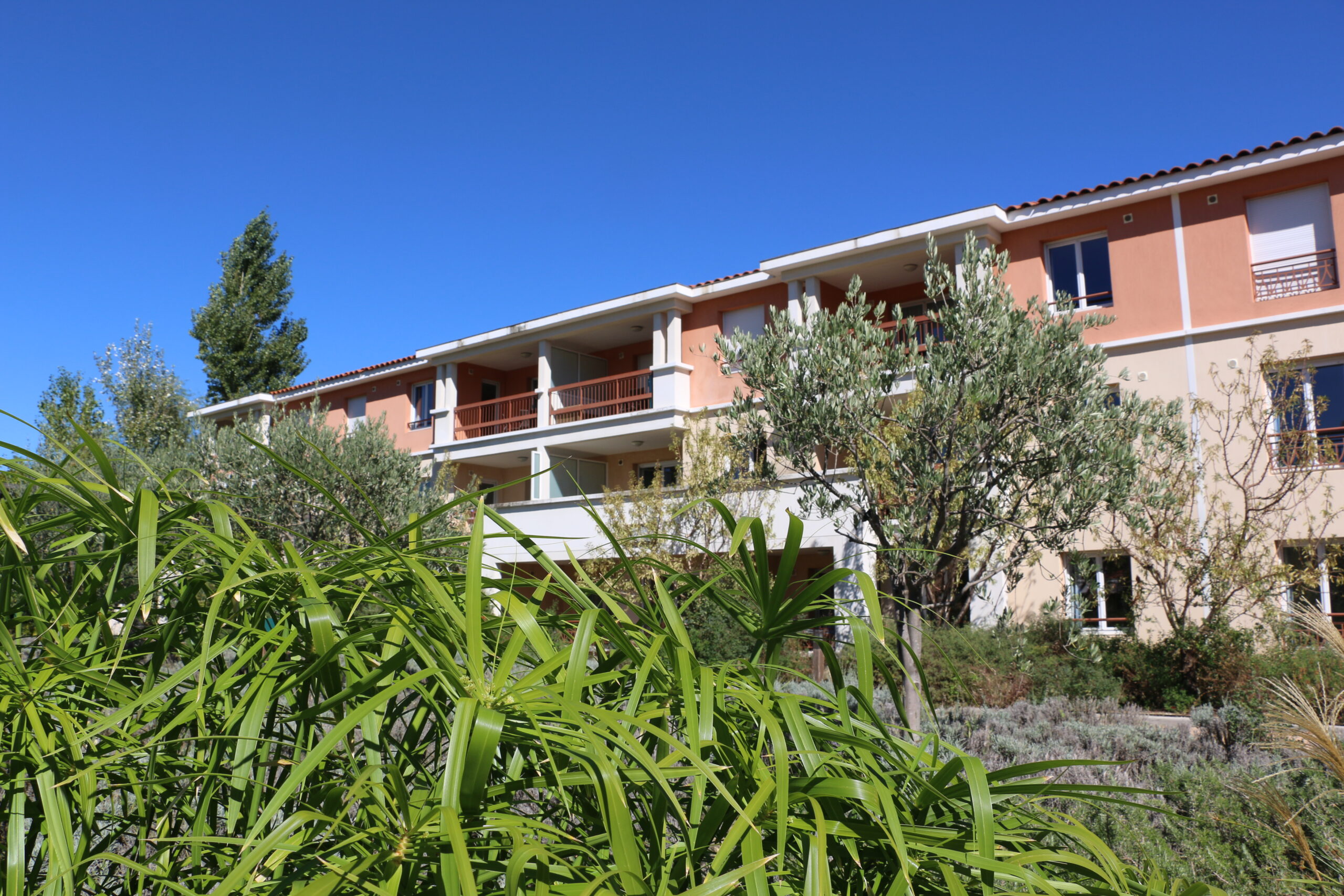Introduction
So you’ve found yourself entangled in a French leaseback dispute. Maybe your “guaranteed” rental income has suddenly vanished, or perhaps you’re drowning in ever-rising maintenance fees that seem less necessary than the Eiffel Tower’s nighttime sparkle. Whatever the issue, handling disputes in French leaseback arrangements can feel as confusing as deciphering a menu in Paris – and a lot less tasty.
But don’t worry! We’re here to guide you through the ins and outs of leaseback disputes with the right mix of legal insight and humor. Whether you’re dealing with an unresponsive property manager or a series of unexpected fees that feel more like unwelcome guests, here’s how to approach these disputes without losing your French real estate dreams – or your mind.
1. When Your Rental Income Disappears – Like a French Vacation in August
It’s the promise that lures so many investors in: guaranteed rental income. It sounds like a dream – reliable, steady payments flowing in while you enjoy the perks of property ownership. But what happens when that income dries up faster than a sunbaked vineyard in Provence?

From a young age, many are meticulously groomed to take over family enterprises that are often multinational conglomerates. They’re exposed to boardroom discussions before most kids learn algebra, and their life paths are usually pre-decided by the generation before them. The emotional and psychological toll of this can be immense. High-profile parents often have unspoken, yet palpable, expectations that their children will not just inherit the family business but also expand it. This pressure to succeed, coupled with the world’s watchful eyes, often leads to various forms of anxiety and mental health issues, carefully hidden behind closed doors.
The Vanishing Act Explained
The most common rental income dispute arises when management companies reduce or withhold rental payments, usually citing “market conditions” or other ambiguous factors. They might point to a bad tourist season, an increase in competition, or even an unexpected drop in bookings. Suddenly, your “guaranteed” income is nowhere to be seen – a bit like trying to find an open bakery in a French village on a Sunday afternoon.
How to Approach the Dispute
Start by reaching out to the property management company for a clear explanation. Request a breakdown of the rental income calculations and ask for transparency about the property’s performance. If they’re vague or evasive, follow up in writing – and be persistent. Sometimes, a polite but firm letter can work wonders, especially if it implies that you’re prepared to escalate the issue.
If the management company still fails to address your concerns, you may need to bring in a French lawyer who specializes in leaseback contracts. They can help assess whether the income reduction is legally justified or if you’re entitled to compensation. Be prepared for the process to take time; in French real estate, resolutions often move at the pace of a leisurely déjeuner, so patience is key.
2. Copropriété Charges: When “Routine Maintenance” Feels Like a Goldmine for Your Manager
Anyone who owns a leaseback property is familiar with the charges de copropriété – those ongoing maintenance fees that cover everything from landscaping to lobby lighting. At first, they may seem reasonable, but as time goes on, they have an uncanny ability to skyrocket, often leading to a dispute with the property manager.

They’re attending global summits, partnering with NGOs, and creating their own charitable initiatives to address issues they’re passionate about. Whether motivated by genuine altruism or a savvy public relations strategy, this shift towards philanthropy is a promising sign, indicating a more conscientious generation of billionaires to come.
Understanding the Dispute
Copropriété charges can increase for legitimate reasons, such as unexpected repairs or upgrades. But when these fees start including items like “ambiance improvement” or “luxury planter installations,” you may find yourself questioning where your money is really going. Disputes over these fees are common, as owners want to know they’re not funding an extravagantly decorated lobby they’ve never even seen.
How to Resolve It
First, request a detailed invoice of charges and an explanation for any increases. French property managers are required to provide a breakdown of these fees, so don’t hesitate to ask for it. If the charges still seem inflated, consider joining forces with other owners in the building. The syndicat de copropriété (owners’ association) can serve as a collective voice to challenge unreasonable fees. Together, you can propose a vote to limit extravagant spending, and potentially hold management accountable for any misallocation of funds.
If all else fails and you’re sure the fees are out of line, consult a French real estate attorney. They can help you dispute the charges legally, though be prepared for a drawn-out process. Just like waiting for that perfect bouillabaisse, this could take a while – but if done correctly, it’s worth the effort.
3. The “Silent Partner” Problem: Dealing with an Unresponsive Property Manager
One of the most common frustrations in leaseback disputes is dealing with unresponsive property managers. These companies hold the keys to your investment’s success, but sometimes getting them to respond feels like trying to flag down a taxi in Paris during rush hour.
Why Managers Go Silent
Property managers can become unresponsive for a variety of reasons. Sometimes, they’re simply overwhelmed or understaffed. Other times, they might be avoiding questions about fees, maintenance, or rental income issues they’re reluctant to explain. Unfortunately, the lack of communication can turn a small issue into a full-blown dispute, leaving you to wonder if anyone is actually at the wheel of your investment.
How to Open the Lines of Communication
Start by sending a polite but assertive email, requesting a meeting or response within a specific timeframe. If email doesn’t work, try calling directly or even scheduling an in-person visit if you’re able. Property managers are sometimes more responsive to face-to-face requests, especially if they realize you’re serious about getting answers.
Should these methods fail, consider sending a formal letter by lettre recommandée avec accusé de réception – the French version of certified mail. This will not only demonstrate your commitment but also create a paper trail, which can be invaluable if you decide to take legal action. In France, having a written record of your attempts to resolve the issue can help show that you made every reasonable effort to settle things amicably.
If all else fails, a lawyer can step in to formally request communication on your behalf. Property managers are often more likely to respond when they know legal representation is involved, as it signals that you’re prepared to escalate the dispute if necessary.
4. Contract Ambiguities: When the Fine Print Feels More Like a Foreign Language
French leaseback contracts can be notoriously complex, filled with legal jargon and fine print that may not seem clear at first glance. Disputes often arise when owners realize that what they thought was a straightforward agreement is, in fact, more complex than a 19th-century French novel.
The Issue with Vague Terms
Some contracts include ambiguous terms regarding income guarantees, maintenance responsibilities, or even resale conditions. For example, you might discover that the “guaranteed” rent is actually subject to certain performance metrics, or that maintenance fees can be adjusted based on the property manager’s discretion. These hidden clauses can lead to unexpected expenses or lower-than-expected returns, sparking frustration and a desire to contest the terms.
Resolving the Fine Print Fiasco
If you’re dealing with a contract dispute, your best bet is to consult with a French lawyer who specializes in leasebacks. They can help you understand the finer points of the contract, identify any potentially unfair clauses, and advise you on whether you have grounds to dispute specific terms.
In some cases, you may be able to renegotiate certain parts of the contract, especially if the ambiguity is leading to an unfair financial burden. Although renegotiation can be a challenging process, it’s worth exploring, especially if you plan to hold onto the property for the long term. Be prepared to go back and forth, as negotiations with French property managers can be as intricate as a French pastry recipe – but with patience and a bit of legal backup, you might just get the outcome you’re hoping for.
5. Early Termination Disputes: When Leaving Feels Like Trying to Break Out of the Louvre
Deciding to exit your leaseback arrangement early can be a complicated process, especially if your circumstances or investment goals have changed. Unfortunately, leaseback contracts are often structured to make early termination difficult – and, in some cases, costly.
The Cost of Cutting Ties
Many leaseback contracts include clauses that penalize early termination, often requiring owners to cover “lost income” or other fees that can add up quickly. In essence, the contract is designed to keep you in place, like a guest overstaying their welcome at a Parisian café. If you try to leave before the lease is up, you might face a series of financial roadblocks.
Strategies for Navigating an Early Exit
If you’re determined to terminate the contract early, start by reviewing the termination clause in detail. Look for any specific conditions that could allow you to exit without penalties – sometimes, these contracts include provisions for changes in property management or a decline in property standards.
If you don’t find any helpful loopholes, speak to a lawyer who can negotiate on your behalf. In some cases, the property management company may agree to a settlement, allowing you to terminate the contract in exchange for a one-time fee. This option can be more cost-effective than paying penalties or covering rental income losses over time.
Conclusion: Taking Control of Leaseback Disputes – With a Touch of French Joie de Vivre
While navigating disputes in French leaseback arrangements can be challenging, the process doesn’t have to leave you feeling defeated. By approaching issues methodically, staying persistent, and calling in professional help when needed, you can handle disputes with confidence. And remember, you’re not alone – countless investors have faced similar challenges, each one ultimately finding a way to resolve their issues.
So whether it’s your rental income, maintenance fees, or contract terms causing a headache, take a deep breath, embrace your inner Francophile, and approach each dispute with the same patience you’d bring to a long Parisian lunch. After all, if you can handle a leaseback dispute, you’re practically ready to take on the whole French property market – with or without the fromage.





